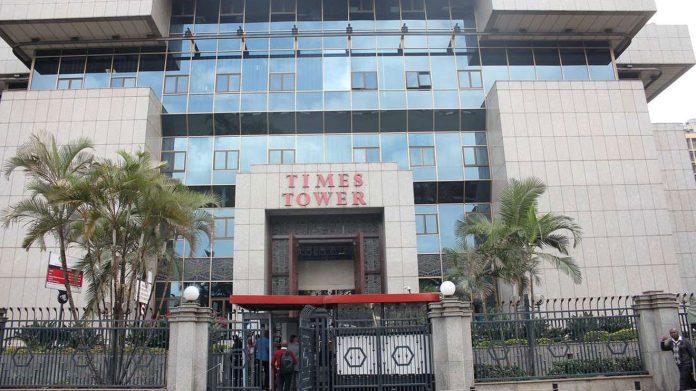The Kenya Revenue Authority (KRA) has been barred from taxing the road maintenance levy fund Sh1.7 billion. This follows the decision of the Tax Appeals Tribunal which ruled that the taxman had no authority in collecting the money raised by the fund from motorists through the fuel levy. The fuel levy is a type of levy the government has set for usage in road maintenance.
In the proceedings, KRA had argued that it ought to collect the money from the Kenya Roads Board (KRB) which runs the fund, since the board was registered as a taxpayer and issued with personal identification numbers (PINS) twice in year 2009 and 2020.
However, the tribunal which was chaired by Christine Muga ruled that the road maintenance levy and the interest earned from the amount of money sitting idle in accounts were non-income and not liable for taxation.
“KRB receives income from the Exchequer, grants gifts, donations or endowments, and thus, does not fit the definition of income as couched under the Income Tax Act,” the tribunal declared.
“Accordingly, the tribunal having established that the appellant’s income is not subject to tax finds that the KRB’s interest income was exempt from tax.” KRA had been demanding income tax from Kenya Roads Board for the seven years to 2022.
Kenya Revenue Authority demands Sh3.5 billion unpaid taxes from troubled Mumias Sugar
The tribunal further ruled that KRA was in the wrong when it issued KRB with a PIN number since the board is not a corporate body. The tribunal then ordered KRA to cancel the two PINs within 90 days.
“KRA erred in its issuance of a PIN to Kenya Roads Board Fund. The issuance of two PINs was illegal, first on the basis that a taxpayer can only have one PIN at one particular time and second the fund is not a body corporate capable of being issued with a PIN.”
During the proceedings, KRB had told the tribunal that its primary sources of income is from the fuel levy that is paid by motorists and transit tolls. It had argued that these types of income did not qualify as income for taxation.
The board further revealed that it has been investing its surplus funds in banks or government securities, and earning income from these investments. This income is then subjected to a 15 percent withholding tax.








